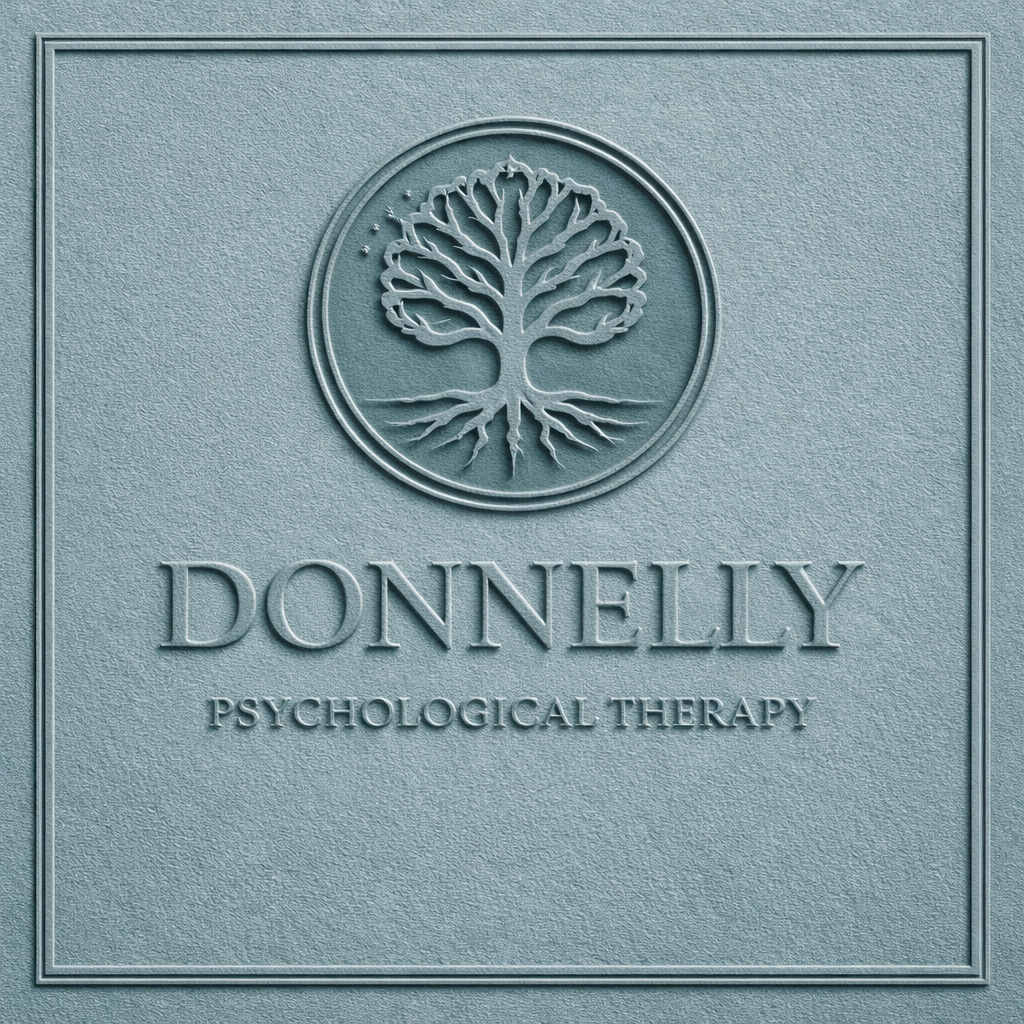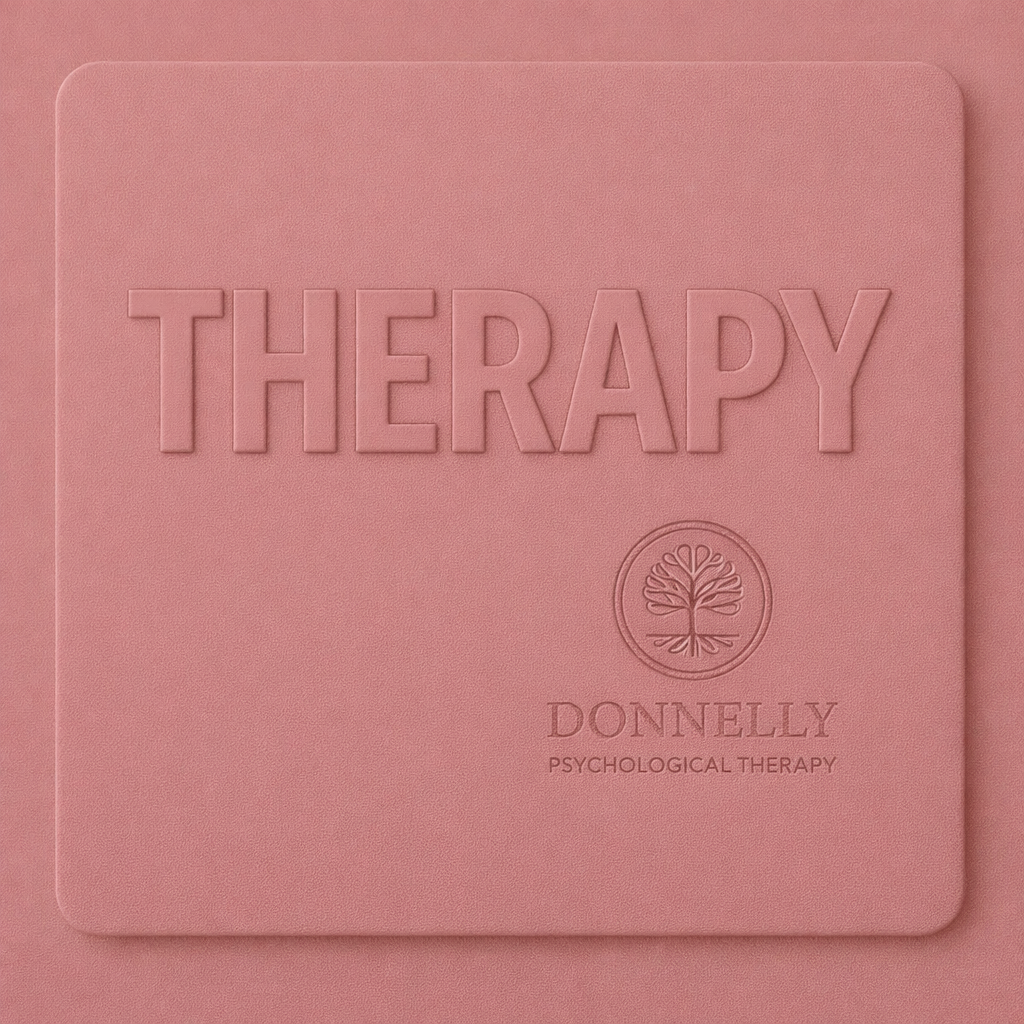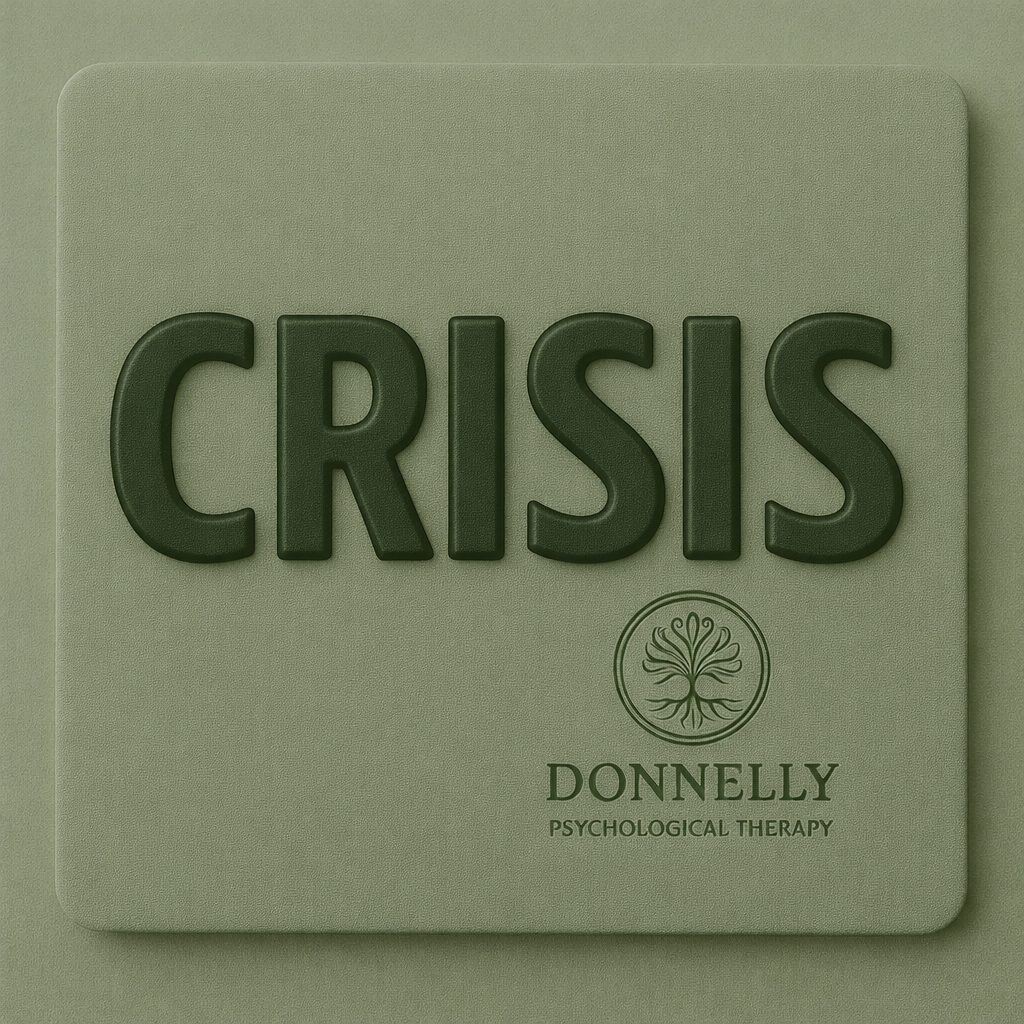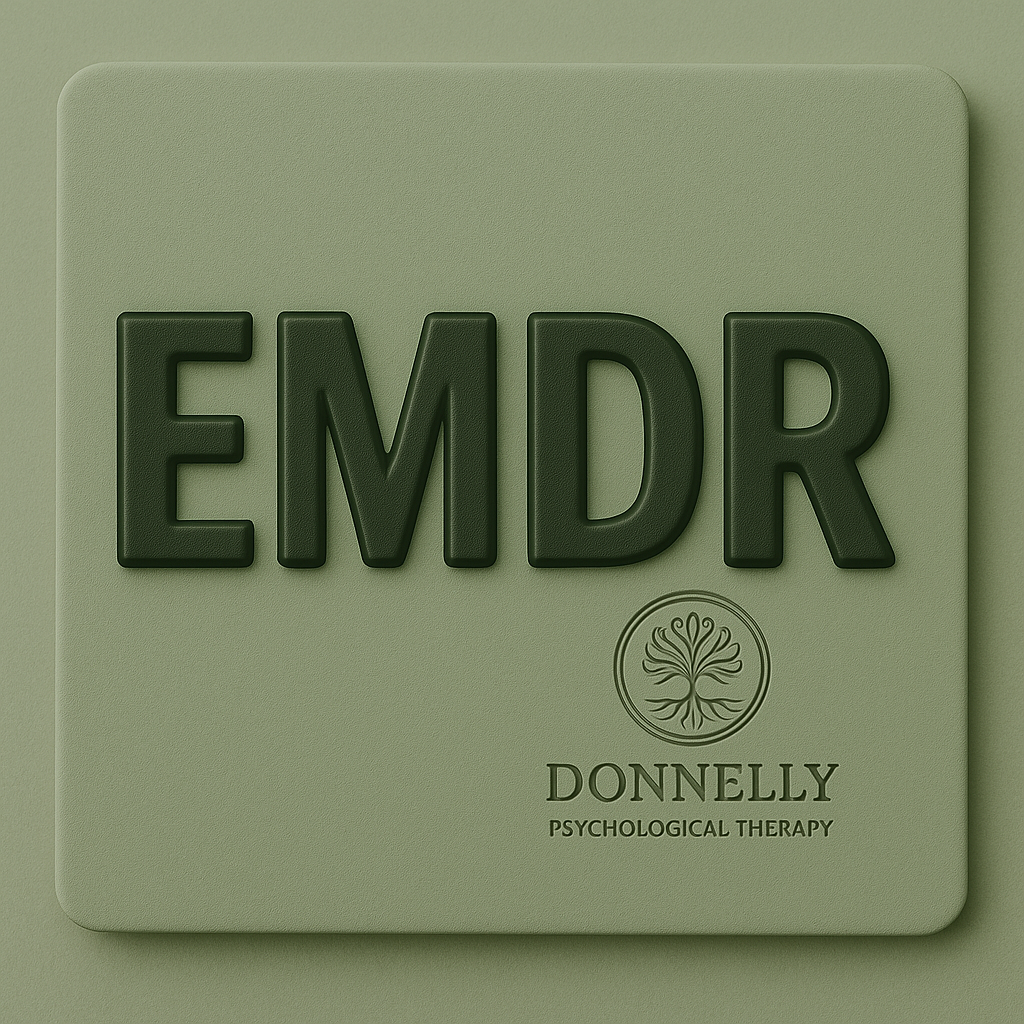
Welcome Note
Hello, my name is Gerard and I’m glad you’ve found your way here. Taking that first step towards therapy can feel daunting, but you don’t have to do it alone. My role is to offer a safe, supportive space where you can talk openly, be heard without judgement, and begin to make sense of what you’re going through.
With decades of experience working in specialist mental health settings, I bring warmth, understanding, and finely tuned expertise to help you explore challenges, discover new perspectives, and move towards long lasting change.
Whether you’re struggling with something specific or simply want to feel more balanced in your day-to-day life, I’ll work alongside you at a pace that feels right for you.
When you’re ready, I invite you to get in touch and take that first step towards the support you deserve.
If you’d like to know a bit more about my clinical background and the experience I bring to Donnelly Therapy, you can read more about me here
Finding the Right Support
Although I provide evidenced based/ structured psychological therapy, in my experience some difficulties are best supported by a wider, multidisciplinary team, and this is an area I feel strongly about. The service I offer may not be the most suitable option for you if:
• You’re already receiving care from an NHS mental health team and require specific therapy that closely integrates with their approach.
• You are currently in crisis and require urgent, high-intensity support.
• Showing high levels of risk to yourself or others, where regular monitoring and crisis planning are the main focus.
• Experiencing symptoms of psychosis or other mental health conditions that require coordinated medical and psychiatric input.
If any of these apply, it absolutely does not mean you are beyond help, it simply means a different kind of support might be more effective and safer for where you are right now. The most important thing is that you find the care that best meets your needs.
I have experience in treating a wide range of mental health conditions, including:
Anxiety Disorders, including Social Anxiety, Health Anxiety and Panic Disorder
Depression
Eating Disorders, including Anorexia Nervosa, Bulimia Nervosa, Binge Eating Disorder, and Avoidant/Restrictive Food Intake Disorder (ARFID)
Gender Identity and Related Concerns
Generalised Anxiety Disorder (GAD)
Obsessive-Compulsive Disorder (OCD)
Self-esteem and self-worth issues
Stress
Family support sessions
And others
There are many free, helpful resources available online and via mobile apps:
Mind: Mental health support and information
SAMH (Scottish Association for Mental Health): Mental health support in Scotland
ALISS: A directory of local health and wellbeing services in Scotland
NHS Inform Scotland: Scotland’s service directory for health and social care
BEAT: Support for people affected by eating disorders
Urgent Support
If you are currently experiencing suicidal thoughts, and actively thinking about harming yourself, and as a result feel unable to keep yourself safe, please know that you are not alone. It is however essential to seek urgent support by calling 999 for immediate help.
If you are in crisis, please contact your GP to discuss the services and supports that may be available to you locally. If this occurs outside of your GP’s opening hours, you can call NHS 24 on 111 for assistance. In an emergency, you can also visit your nearest A&E department for immediate psychiatric support.
Crisis Helplines
The Samaritans: 116 123 (24/7 emotional support)
Breathing Space: 0800 83 85 87 (support for mental health and wellbeing)
NHS 24: 111 (urgent health advice in Scotland)
Shout – text SHOUT to 85258 for confidential text support
CALM (Campaign Against Living Miserably)
0800 58 58 58 (every day, 5pm–midnight)
Chat online via their website too. Especially focused on men, but open to anyone.
Childline: 0800 1111
For children and young people under 19.
Switchboard LGBT+ Helpline:
0300 330 0630 (10am–10pm every day)
Chat online or by email too. Volunteers are all LGBTQ+.
While 1:1 therapy can be incredibly helpful, there are other resources like books, podcasts and online courses that can add to the overall therapeutic experience. Here are some that I have personally found useful:
Trauma Sensitive Mindfulness, by David A. Treleaven (book)
Overcoming Depression, by Paul Gilbert (book)
Overcoming Health Anxiety, by Rob William & David Veale (book)
Overcoming Unwanted Intrusive Thoughts, by Sally M. Winston & Martin N. Seif. (Book)
Feel Better, Live More, by Dr Rangan Chatterjee. (Podcast)
Choosing a psychological therapist who is trained and properly qualified in an evidence-based approach is essential. Do your homework, and make sure they are accredited and actively registered with a governing body.
Qualifications:
2025 - PG Diploma Cognitive Behavioural Therapy (CBT)- Queen Margaret University Edinburgh (Accredited)
2024 - PG Certificate Cognitive Behavioural Therapy (CBT)- Queen Margaret University Edinburgh
2016 - Eye Movement Desensitisation & Reprocessing (EMDR) Training (Levels 1,2 & 3)- EMDR Works
2015 - PG Diploma Cognitive Analytic Therapy (CAT)- Sheffield Hallam University (Accredited)
2003 - Registered Nurse- Mental Health (00B0309S)
Professional Registrations & Memberships
Nursing and Midwifery Council (NMC)00B0309S
British Association of Behavioural and Cognitive Psychotherapies(BABCP)00001025216
Association for Cognitive Analytic Therapy(ACAT)ACAT12833











